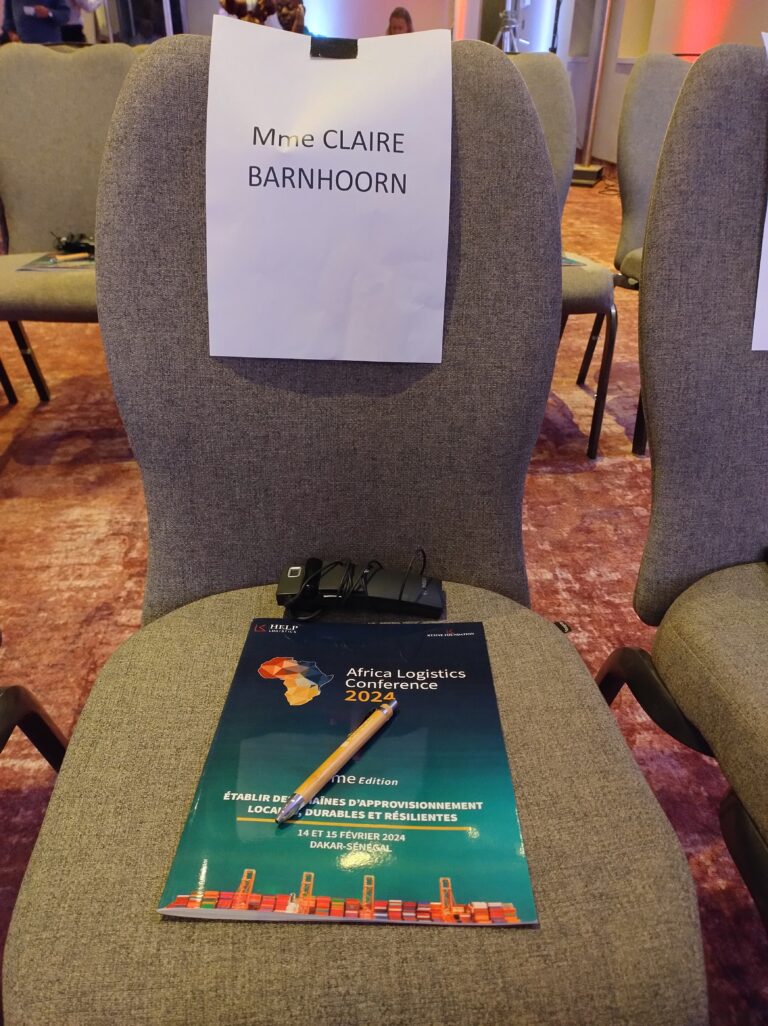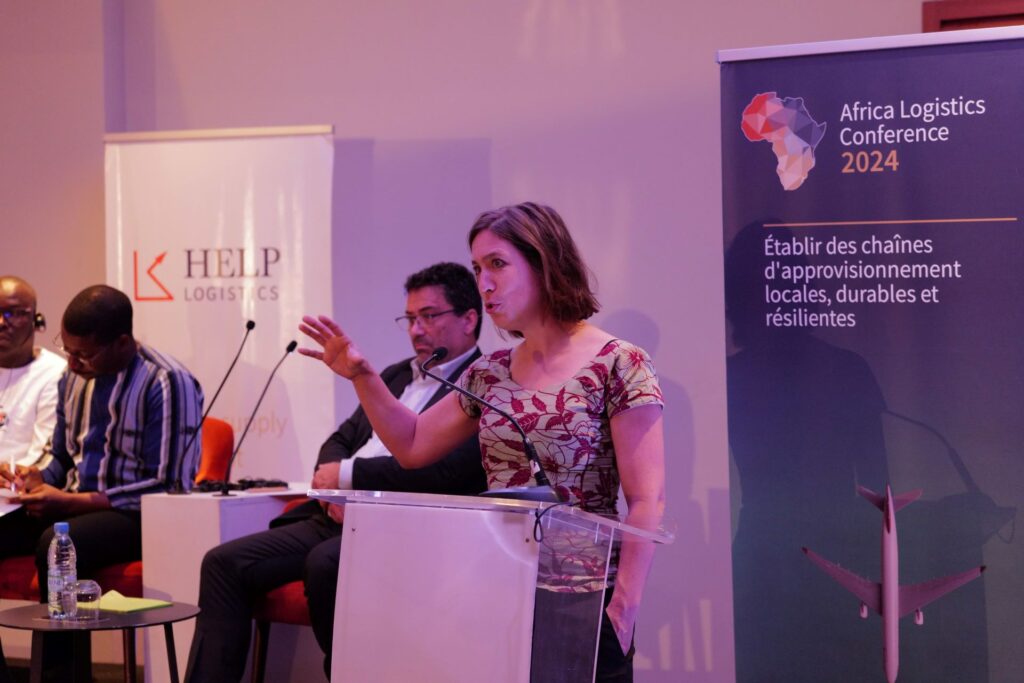Uncomfortable truths of localisation washing: keynote at the African logistics Conference
In the realm of humanitarian aid, the call for localisation has become a mantra—an ideal we pledge to uphold in our missions to alleviate suffering, persevering dignity and build resilience: all our humanitarian jargon. Yet, as I stood at the podium of the African Logistics Conference 2024 in Dakar (organised by HELP Logistics) earlier this February, a nagging question tugged at the edges of my conscience: Are we genuinely embracing localisation, especially when discussing supply chains, or are we merely paying lip service to a noble cause?
The truth is, that localisation goes beyond the confines of projects and initiatives—it’s a moral responsibility that demands action at every level of our operations. It’s about more than just checking boxes, great project proposals or ticking off targets; it’s about fundamentally reshaping the way we approach humanitarian logistics.
Rethinking Procurement at the African Logistics Conference 2024: A Moral Imperative

At the heart of the matter lies procurement—the lifeblood of humanitarian supply chains. Here, our choices carry weight, not just in terms of cost-effectiveness, but their broader impact on local economies and communities. It’s not enough to simply launch localisation projects and pat ourselves on the back; we must embed local sourcing into the very fabric of our procurement processes. With the conference’s theme this year: building local, sustainable and resilient supply chains within Africa, I couldn’t help but look into the actual spending of the UN’s procurement last year on procurement FROM Senegalese suppliers. Only 0,16% of the total UN procurement spend (source: UNGM), of which only 20% came from goods. Being a regional hub for many UN agencies and NGOs for Western Africa, shouldn’t we have expected more?
To source locally isn’t merely an option—it’s a moral imperative. It’s a recognition of the dignity and agency of local suppliers and entrepreneurs, who possess the knowledge, skills, and resources to meet the needs of their communities. By sourcing locally, we strengthen economies, empower individuals, and foster self-reliance—a far cry from the temporary fixes offered by traditional aid models.
The Dangers of Localisation-Washing
Yet, amidst our fervent calls for localisation, there lurks a dangerous tendency—a phenomenon I dare to call “localisation-washing.” Much like the greenwashing that plagues our sector, localisation-washing involves the superficial adoption of localisation rhetoric without genuine commitment or action.
We cannot afford to pay mere lip service to localisation while perpetuating systems that prioritise expediency over ethics. We must scrutinise our procurement practices, challenge existing norms, and hold ourselves accountable for the true impact of our actions. To truly embrace localisation means to confront the uncomfortable truths of our supply chains and commit to meaningful change, even when it’s difficult or inconvenient.
My Call to Action from the African Logistics Conference 2024

So, where do we go from here? The path forward begins with introspection—with a willingness to confront our biases, challenge our assumptions, and acknowledge our complicity in perpetuating systems of inequality. It’s a call to action that extends beyond the confines of conference halls and boardrooms—it’s a commitment to realigning our values with our actions and prioritizing the well-being of the communities we serve.
Let us not be content with token gestures or empty promises. Let us instead embrace the moral imperative of sourcing locally, not as an afterthought or a side project, but as a fundamental principle that guides every decision we make. Together, we can harness the transformative power of localisation to build a more equitable and sustainable future for all. I would relish to make a stronger call, to reimagining humanitarian logistics—not as a series of projects, but as a moral imperative—a commitment to strengthening economies, to resilience and sustainability.
Note: the opinions and thoughts expressed in this blog reflect only the author’s views, not those of organisers or affiliated organisations (neither has approval been sought to publish the opinion expressed above).

One thought on “Uncomfortable truths of localisation washing: keynote at the African logistics Conference”
Comments are closed.